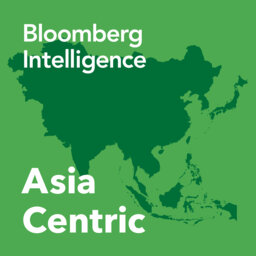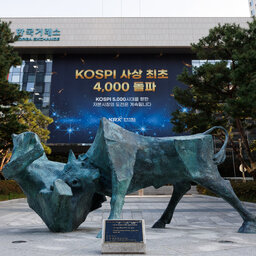Taiwan’s Path Forward Could Have Global Impact
Taiwan’s hotly contested presidential election was cast as a stark choice between two different destinies, but for the island’s voters, relations with mainland China are just part of the picture.
Economic growth, jobs, and a path to prosperity are big issues for Taiwan’s more than 23 million people, especially its young adults, who’ve come of age facing the risk of conflict, a changing identity, and an uncertain future.
How likely is Taiwan to find itself at the center of a wider conflict? How much damage would an invasion inflict? How would the US respond? Can such a scenario be prevented? And what will the next four years look like?
Jennifer Welch, Chief Geo-Economics Analyst at Bloomberg Economics and Maeva Cousin, Senior Global Economist for Bloomberg Economics join co-hosts John Lee and Tom Corbett for a look at the precarious road ahead for Taiwan and the world.
 Asia Centric by Bloomberg Intelligence
Asia Centric by Bloomberg Intelligence


